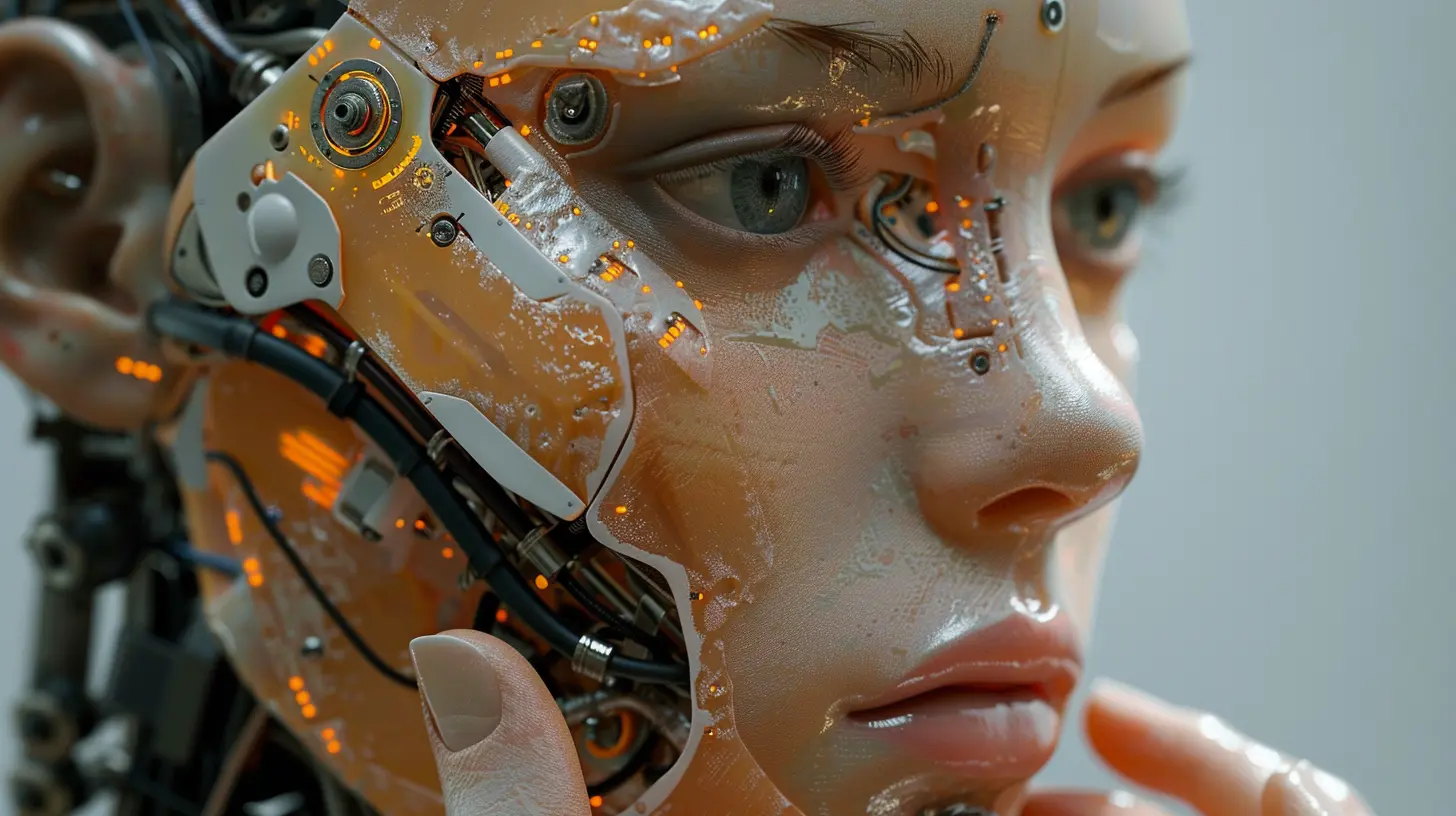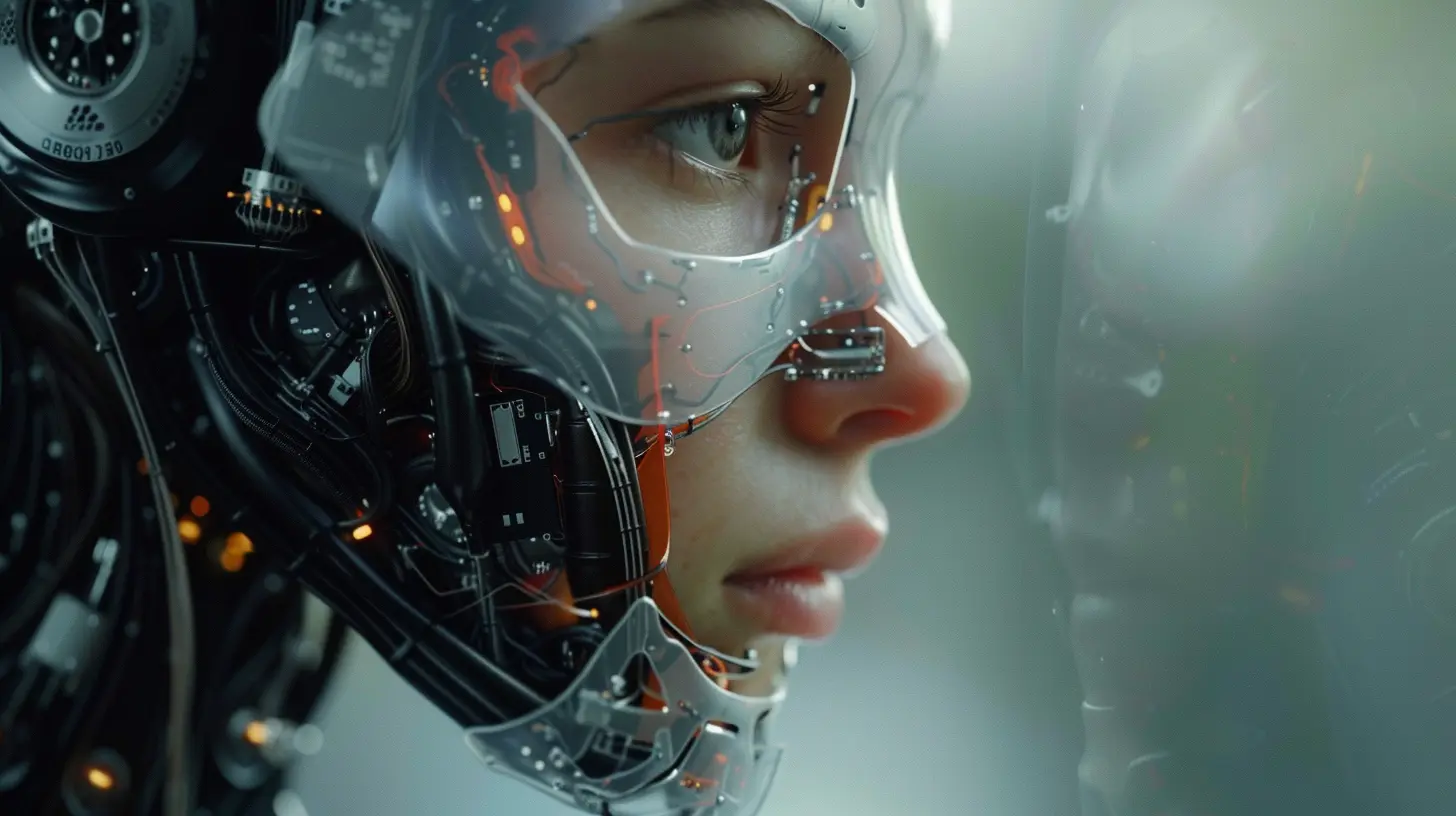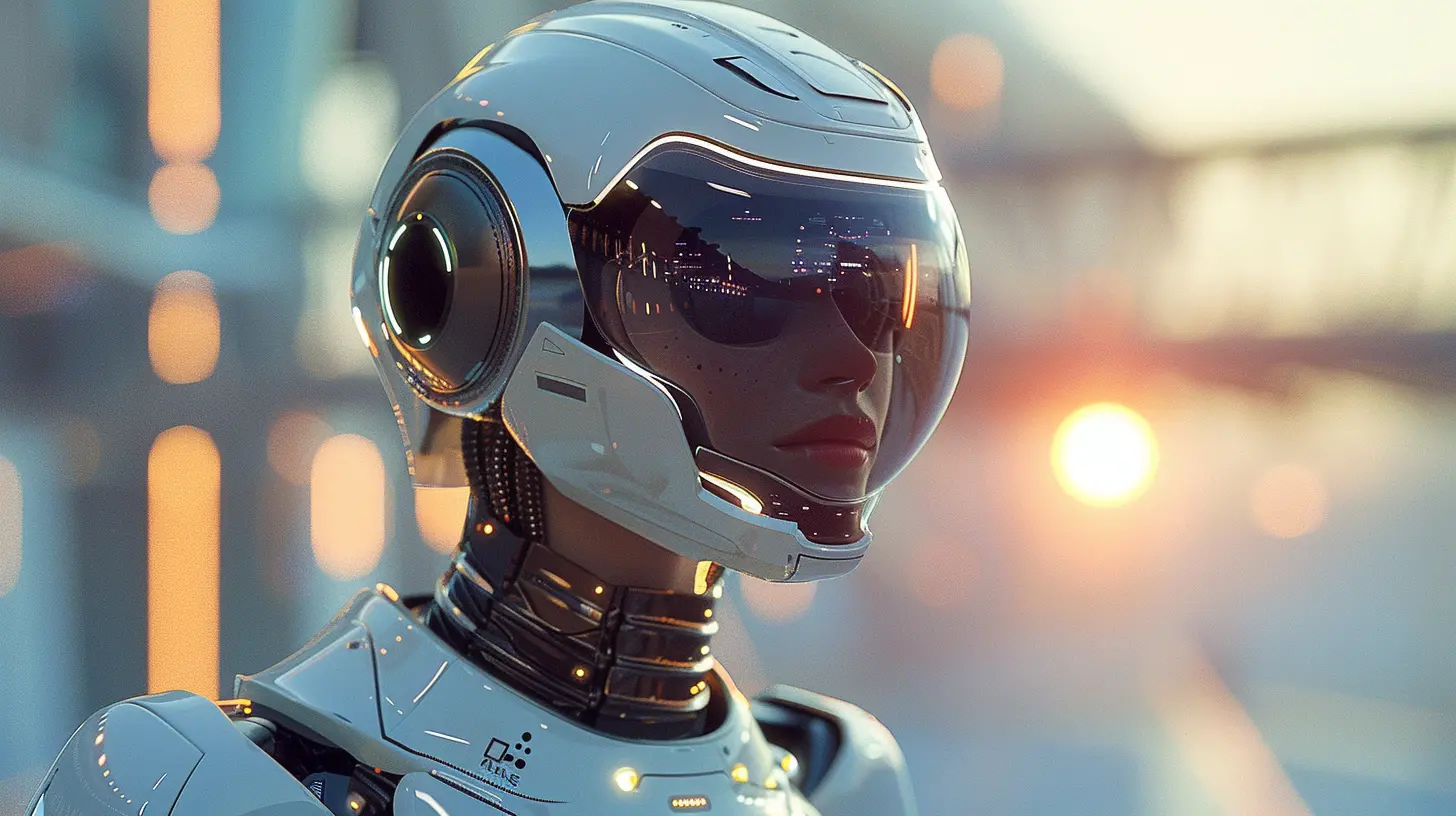The Impact of AI on modern Project Management
13 November 2025
Project management has always been a juggling act. Deadlines. Budgets. People. Endless meetings. It's like trying to keep 15 plates spinning while riding a unicycle. But here comes artificial intelligence (AI) — like a backstage crew of digital ninjas — stepping in to help, and it’s flipping the script on how we plan, execute, and deliver projects.
So how exactly is AI changing project management? How deep does this rabbit hole go? Let’s dive into the world where machine brains meet human leadership and see how things are getting smarter, smoother, and surprisingly more human.
What Exactly Is AI in Project Management?
Let’s start with square one. When we talk about AI in project management, we’re not saying robots are leading the weekly check-ins (yet). Instead, AI tools are being used to automate, analyze, and optimize the thousands of micro-decisions that go into getting stuff done.It includes things like:
- Predictive analytics
- Natural language processing
- Machine learning algorithms
- Intelligent automation
These aren't just buzzwords. They're the behind-the-scenes smarts that help project managers spot risks, balance workloads, tweak timelines, and even communicate better with stakeholders.
Why AI Is a Game-Changer for Project Managers
Let’s be honest — traditional project management can be a slow grind. Manually updating spreadsheets, chasing status updates, sorting through a jungle of emails. AI is like hiring an invisible assistant that never sleeps and never misses a detail.Here’s how AI is changing the game:
1. Smarter Decision-Making
AI can chew through massive chunks of data faster than any human could. It spots patterns we might miss — things like budget overruns, scheduling delays, or resource bottlenecks — before they become problems.Imagine having a built-in early warning system. Instead of just reacting, project managers can start anticipating.
2. Time-Saving Automation
Let’s talk about the repetitive stuff. Updating timelines, assigning tasks, setting reminders — all necessary, none exciting. AI can automate these tasks, freeing up your brainpower for strategy and creativity.You know that feeling when your phone auto-completes a long text and you say, “Thank you, technology”? That’s what AI is doing for project workflows.
3. Improved Productivity
Let AI handle the heavy lifting. With predictive analysis, it can forecast project timelines based on past trends, suggest resource allocations, and even recommend adjustments in real time.It’s like having a GPS for your project. No more guesswork — just a roadmap that updates as you go.
4. Enhanced Risk Management
Every project has risks, but identifying them early? That’s gold. AI can assess historical data, compare similar projects, and apply probability models to detect red flags.It’s like having a sixth sense of what could go wrong — and the best part? It comes with an action plan.
Key AI Technologies Revolutionizing Project Management
Let’s get geeky for a minute. What are the core AI technologies making all this possible?Machine Learning (ML)
ML algorithms excel at identifying trends and making predictions from complex datasets. In project management, this means learning from previous projects — budget patterns, milestones, task durations — and using that data to improve accuracy in future estimates.Natural Language Processing (NLP)
NLP helps AI understand and interact in human language. Think chatbots that update you on project status or voice assistants that schedule calls. It also helps in scanning documents and pulling out insights — super handy when you're drowning in reports.Robotic Process Automation (RPA)
RPA is the task-doer. It automates routine, rule-based actions like data entry, report generation, and file transfers. It’s like a digital worker that never complains and never takes a coffee break.Predictive Analytics
AI can use historical and real-time data to forecast project outcomes. This means better estimates, fewer surprises, and more informed planning.
Real-World Examples of AI in Action
Still wondering what this looks like in the wild? Let’s break it down:1. Microsoft Project + AI Add-ons
Microsoft has been integrating AI into its Project suite. Think AI-powered scheduling suggestions, risk assessments, and timeline predictions based on team capacity and task complexity.2. Asana's Work Graph + Machine Learning
With Asana, teams can use Work Graph data to predict project health. AI analyzes task completion trends to warn when a project might run behind. So you can pivot fast before things fall apart.3. Monday.com + Automation
Monday.com uses AI to automate repetitive workflows, assign tasks based on availability, and even summarize weekly progress reports. It's like having a mini project manager living inside your dashboard.Benefits of AI in Project Management: Let’s Talk ROI
Now let’s talk business. Why should businesses actually care about AI in project management? It all comes down to better outcomes with fewer resources.Higher Efficiency
AI performs in seconds what would take humans hours — or days. We’re talking faster decision-making, streamlined task management, and reduced manual labor.Better Resource Allocation
AI can track team workloads, skills, past performance, and availability. It suggests the best person for the job. So you’re not just filling seats — you’re optimizing talent.Real-Time Visibility
Executives love dashboards, right? AI provides real-time project insights, so everyone — from team leads to C-suite — sees where things stand, instantly.Reduced Costs
Let’s be real. Every delay and mistake costs money. AI helps avoid these pitfalls by increasing accuracy and reducing resource waste.Challenges and Limitations of AI in Project Management
Alright, full transparency — AI isn’t magic. It’s powerful, yes, but not perfect. There are still a few speed bumps on the road to full adoption.1. Data Quality and Quantity
AI thrives on data. But if your project data is messy, inconsistent, or incomplete? The insights will be trash. It’s the classic “garbage in, garbage out” scenario.2. Complexity of Implementation
Getting AI up and running isn’t always plug-and-play. It takes time, training, and ongoing support. Not to mention the costs of integration and the learning curve for your team.3. Resistance from Teams
Let’s not forget the human element. People are (understandably) nervous about AI taking their jobs or disrupting familiar routines. Change management is key to making this work.4. Ethical Concerns
AI brings up questions — about bias in algorithms, decision transparency, and accountability. Who’s responsible if an AI suggestion leads to failure? These are real concerns that need thoughtful policies.Will AI Replace Project Managers?
Here’s the question everyone secretly wants to ask. And the short answer? No. But it will absolutely change the role.Think of AI as a co-pilot, not a captain. It handles the navigation and keeps an eye on the systems while you focus on the mission. Project managers will shift from task managers to strategic leaders — focusing more on people, communication, and big-picture thinking.
So instead of being replaced, project managers get an upgrade.
Future Outlook: What’s Next?
AI is just getting warmed up. Machine learning models are getting better, software is becoming more intuitive, and integration is becoming seamless.We’re headed toward hyper-intelligent project ecosystems where:
- AI predicts risks before the kickoff
- Bots handle stakeholder updates
- Dashboards deliver real-time strategy insights
- Projects pivot dynamically with zero lag
Sound futuristic? It’s closer than you think.
How to Start Integrating AI into Your Projects
If you’re nodding along and thinking, “Okay, this all sounds great, but how do I actually implement AI in my team?” — here’s a quick-start roadmap:1. Audit Your Current Tools
Do your tools offer AI features already? Many platforms like Jira, Trello, and Smartsheet are rolling out AI capabilities you might not know about.2. Focus on Low-Hanging Fruits
Start with small wins. Automate reporting. Use AI for time tracking or workload optimization. Build confidence before going big.3. Train Your Team
AI is only as good as the people using it. Invest in training, get buy-in from your team, and foster a culture of innovation.4. Partner With IT or Data Teams
Collaborate with your data-savvy folks to clean up your data, integrate APIs, and troubleshoot any tech issues with implementation.5. Monitor and Optimize
AI isn’t a one-and-done deal. Keep evaluating what’s working, what’s not, and adjust accordingly.Final Thoughts
The impact of AI on modern project management isn’t just about faster timelines or shinier dashboards. It’s about redefining how work gets done. AI lifts the burden of complexity — so teams can stay creative, agile, and human.It’s like getting a fresh set of eyes on every part of your project — eyes that never blink, always analyze, and constantly suggest how to be better. If you’re not using AI in some shape or form, you're probably leaving serious value on the table.
Ready to let AI co-pilot your next big project?
all images in this post were generated using AI tools
Category:
Project ManagementAuthor:

Susanna Erickson
Discussion
rate this article
1 comments
Fable Reese
AI revolutionizes project management, enhancing efficiency and decision-making.
November 16, 2025 at 3:44 AM

Susanna Erickson
Thank you! AI truly transforms project management by streamlining processes and empowering more informed decisions.


